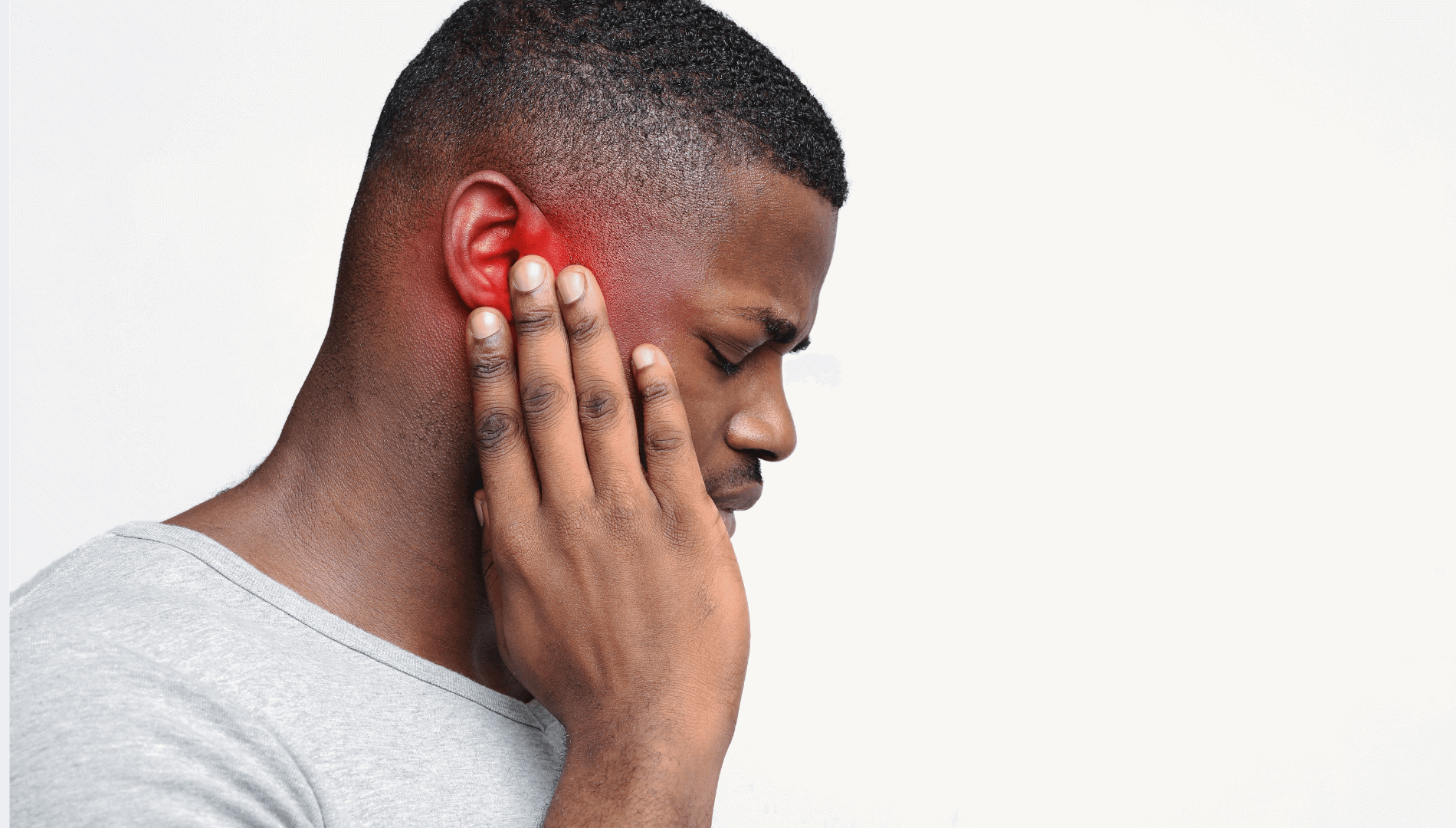
Experiencing ringing, buzzing, or hissing sounds in your ears, known as tinnitus, can be bothersome and distracting. These noises can be constant or come and go. Sometimes, tinnitus can be so subtle that it’s only noticeable in quiet environments. In other cases, it can be more pronounced and interfere with daily activities. If you consistently hear these sounds, even when there’s no external source, you may be experiencing tinnitus.
It’s important to keep track of the frequency and intensity of these symptoms, as this information is valuable during a hearing health exam. Tinnitus can be caused by a variety of factors. Understanding these causes can help you manage your symptoms more effectively. Here are some of the most common causes:
Hearing Loss
As people age, their hearing ability often diminishes, leading to tinnitus. If you notice ringing in your ears and suspect hearing loss, scheduling a hearing health exam can help identify the root cause. Loud noises are also damaging to hearing. This can include attending loud concerts, working with heavy machinery, or listening to music at high volumes through headphones. Protecting your ears with earplugs or noise-canceling headphones can prevent noise-induced tinnitus.
Ear Infections
When the ear canal is inflamed or blocked, it can create pressure and lead to ear ringing. Treating the infection often resolves the tinnitus. If you experience ear pain along with ringing, consult a healthcare professional promptly. Medications can sometimes cause ringing in the ear include some antibiotics, diuretics, and high doses of aspirin. If you suspect that a medication is causing an issue with your hearing, discuss your concerns with your doctor to explore alternative treatments.
When you’re stressed, your body’s response can affect your hearing. Learning stress management techniques, such as mindfulness or counseling, may reduce the severity of your tinnitus.
How to Manage Tinnitus
Now that we understand the common causes, let’s explore some strategies for managing tinnitus.
Hearing aids: For those with hearing loss, hearing aids can be highly effective in reducing tinnitus. By amplifying external sounds, hearing aids can decrease the prominence of tinnitus. Reach out to us about whether hearing aids are a suitable option for you.
Cognitive Behavioral Therapy (CBT): This is a form of counseling that helps individuals manage tinnitus by changing the way they think about and respond to their symptoms. CBT can be particularly helpful for those whose tinnitus is linked to stress or anxiety.
You can’t go wrong with a healthy lifestyle: Maintaining a healthy lifestyle can positively impact your tinnitus. Regular exercise, a balanced diet, and adequate sleep support may reduce the severity of tinnitus. Avoiding caffeine, alcohol, and nicotine can also be beneficial, as these substances can exacerbate symptoms in some individuals.
When to Seek Professional Help
If your tinnitus persists or worsens, it’s important to seek professional help. We can perform a thorough hearing health exam to determine the underlying cause of your tinnitus. They can also recommend personalized treatment plans to manage your symptoms. Prompt medical attention is crucial if you experience sudden hearing loss, dizziness, or severe ear pain along with tinnitus. These symptoms may indicate a more serious condition that requires immediate attention.
Preventing Tinnitus
To prevent tinnitus, it’s essential to protect your ears from loud noises. Use ear protection in noisy environments and keep the volume at a safe level when using headphones. Additionally, regular hearing health exams can help detect early signs of hearing loss and prevent the onset of tinnitus.
